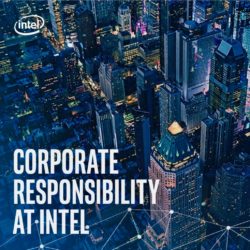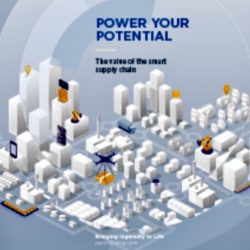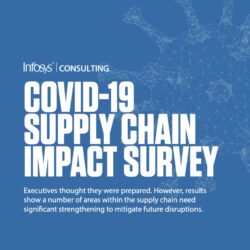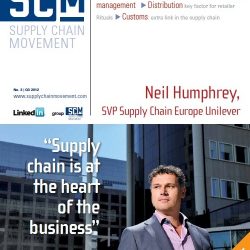Intel leads the way in eradicating forced labour from its supply chain
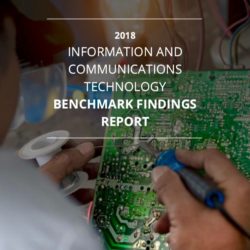
With a score of 75 out of 100 points, Intel currently leads the way in tackling forced labour in its supply chain, according to the 2018 Information & Communications Technology Benchmark study by KnowTheChain. HP and Apple rank in second and third place respectively. The top 3 plus Hewlett Packard Enterprise are the only four companies to score more than 70 out of 100 in the study, and all demonstrate strong leadership on recruitment. Online giant Amazon just achieves the industry average of 32 points and is trailed by the likes of Nintendo and Canon with even lower scores.
Are the largest Information and Communications Technology (ICT) companies in the world doing enough to eradicate forced labor from their supply chains? To find out, KnowTheChain evaluated 40 global ICT organizations on their efforts to address forced labor in their supply chains. These companies represent the largest electronic hardware companies in the sector, with a combined market capitalization of US$4.7 trillion. As such, they play an important role in helping prevent and respond to forced labour abuses in their supply chains.
“While 35 out of 40 companies have published a commitment to address forced labour in their supply chains, there is often a disconnect between the policies and processes that companies have in place and the evidence that those are effectively implemented,” the report states. “For example, 16 out of 40 companies say they have a grievance mechanism that is available to suppliers’ workers, yet only three publish data on the usage of those mechanisms.”
Intel tops the 2018 benchmark study (75/100), having overtaken both HP and Apple since 2016 by taking measures such as disclosing a supplier list, introducing unannounced audits and disclosing evidence of reimbursement of recruitment fees to suppliers’ workers. Despite being the third largest company in the benchmark, Amazon ranks mid-table at 20 out of 40, and achieves precisely the industry average of 32/100.
Violation
Companies’ policies and processes were assessed against seven themes: Commitment and Governance, Traceability and Risk Assessment, Purchasing Practices, Recruitment, Worker Voice, Monitoring and Remedy. Worker Voice and Recruitment, the two areas that have the most direct impact on workers’ lives, remain among the lowest-scoring themes in the benchmark. While 24 out of 40 companies prohibit worker-paid recruitment fees in their supply chains, only five provide evidence that fees were reimbursed to workers in their supply chains when a violation was discovered, according to the report. This is particularly troubling given the impact such fees have on people’s lives.
KnowTheChain – a partnership of Humanity United, the Business & Human Rights Resource Centre, Sustainalytics, Verité, and Thomson Reuters Foundation – is a resource for businesses and investors who need to understand and address forced labor abuses within their supply chains. It benchmarks current corporate practices, develops insights, and provides practical resources that inform investor decisions and enable companies to comply with growing legal obligations while operating more transparently and responsibly.



